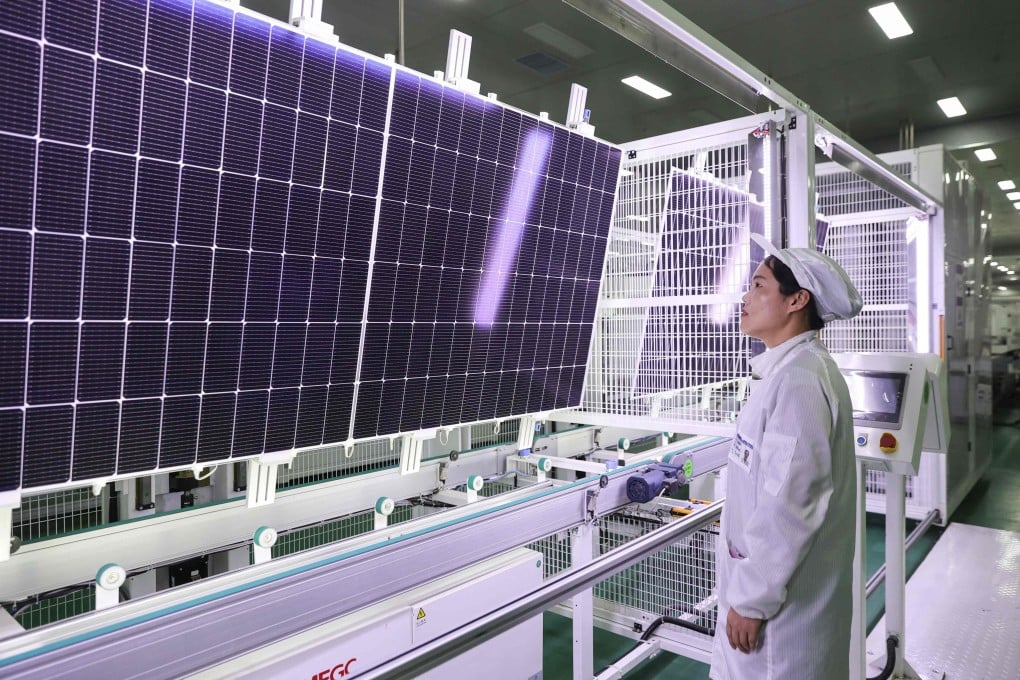Advertisement
Macroscope | Reports of Chinese economic miracle’s demise are greatly exaggerated
- From decoupling efforts to unfavourable demographic trends, the impact of the most-cited factors affecting China’s growth prospects is overstated
- Instead, the recent weakness of China’s economic performance largely reflects the temporary costs of necessary policy interventions
Reading Time:3 minutes
Why you can trust SCMP
8

China’s economic performance over the last year has been disappointing, so much so that some observers argue that growth has already peaked and that it is all downhill from here. But it is far too soon to write off China’s economic resilience.
Advertisement
As 2023 began, the lifting of draconian “zero-Covid” restrictions fuelled a kind of domestic euphoria. But the picture soon darkened, with the second quarter bringing declining exports, stagnating retail sales, shrinking corporate profits, local-government spending cuts and a weakening housing sector. Chinese business confidence plummeted, and foreign businesses were spooked. In November, China recorded its first quarterly deficit in foreign direct investment.
Even so, China’s economy will probably grow by at least 5 per cent this year – a respectable rate by international standards.
More important, China’s economy still has a lot of fuel in the tank: a record savings rate means that it still has plenty of cheap finance for investment and innovation.
Already, China is investing heavily in the technologies – such as renewable energy, electric vehicles and artificial intelligence (AI) – that will shape the global economy in the coming decades. China is also rapidly developing its capacity in emerging technologies like nuclear fusion, quantum computing, quantum communication and photonic semiconductors. We know that this strategy works: other successful economies, such as Japan in the 1970s and 1980s, have proved as much.
Advertisement
But China does face growth headwinds. Geopolitical tensions – in particular, efforts to “decouple” from China economically – are discouraging FDI and spurring companies to diversify their production away from China. But rather than leaving China altogether, many foreign firms are adopting a “China+1” strategy, opening new facilities in a third country while maintaining their Chinese operations.

Advertisement
